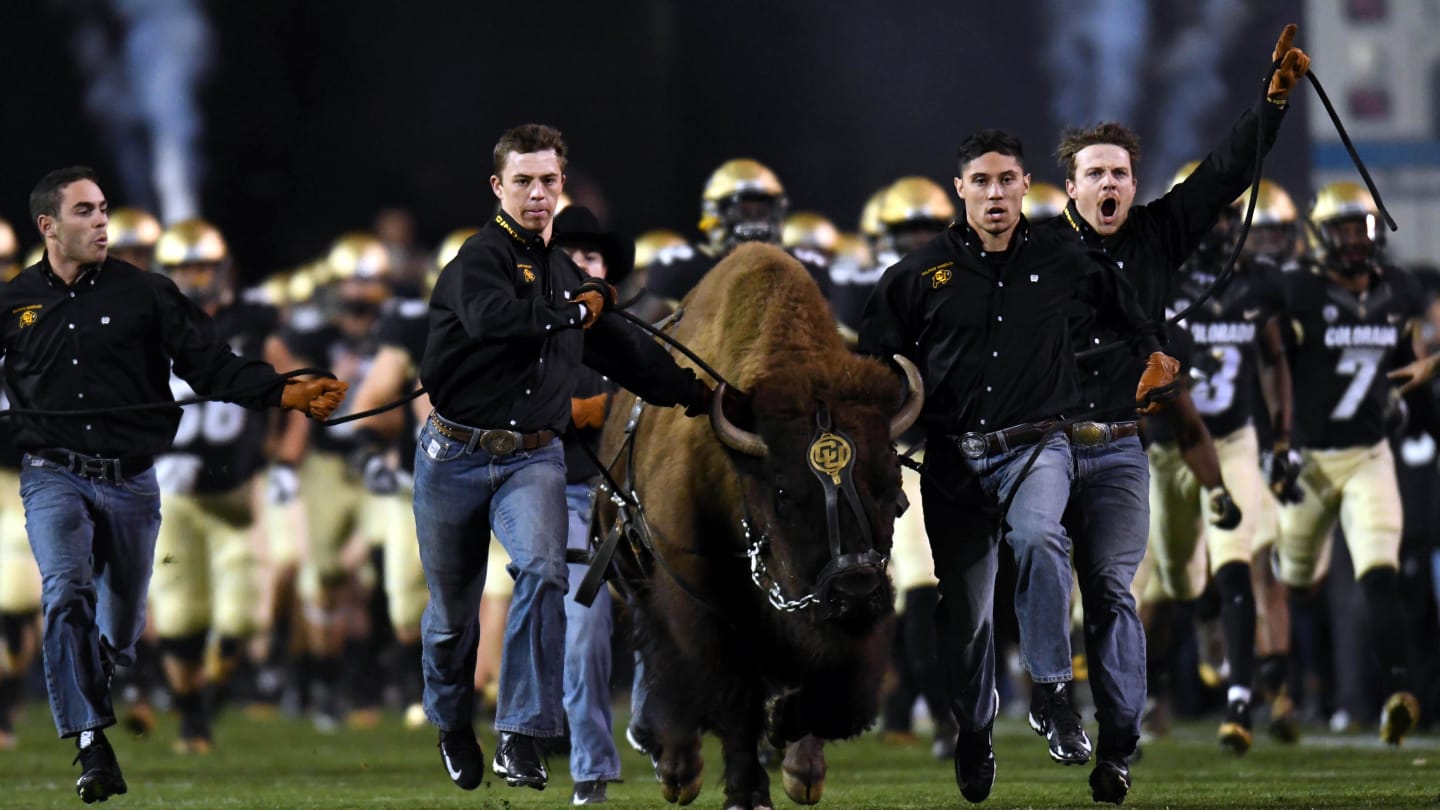This summer was supposed to mark a major turning point for New York City’s market for Airbnb and other short-term rental sites. But now, hosts and lodgers can expect little change until the end of the peak tourist season.
A new law that requires hosts to register with the city will effectively eliminate thousands of vacation rentals for entire apartments on Airbnb, one of the largest rental platforms, but also on sites such as VRBO and Booking.com. Rentals for entire homes and apartments for less than 30 days are already illegal under New York state’s multiple dwelling law.
Proponents of the change argue that short-term rentals are worsening the city’s lack of affordable housing by reducing the number of apartments on the full-time rental market. But the agency charged with enforcing the new rule has twice-delayed its full implementation in recent months, and lawmakers are concerned that the agency’s current staff vacancy rate of over 50% is hindering its ability to enforce the law.
“They’re missing half the team, and they really need full capacity to get this done,” said Councilmember Carlina Rivera, who co-sponsored the law that passed last year. “There are over 10,000 illegal short-term rentals in operation in NYC in the midst of a perpetual housing crisis, which is unacceptable.”
Enforcement of the new rules, originally scheduled to begin on May 9, will now start on Sept. 5, after initially being postponed to July 1.
Entire homes and apartments available to rent for less than 30 days make up more than a quarter of the roughly 43,000 Airbnb listings in New York City, according to data provided by Inside Airbnb, which is not affiliated with the company. It advocates for tougher rules on short-term rentals and extracts data from Airbnb’s website on a quarterly basis. But only 7,000 of those properties are booked regularly.
Under the new law, New Yorkers who want to rent their homes on Airbnb and other platforms must apply for a registration with the city, provide detailed information about their property and clear any outstanding building violations, among other requirements. Hosts are only allowed to rent rooms in their own living space for rentals under 30 days, and they have to be home while their guests are visiting.
As of June 5, only 36 applications had been accepted out of a total of 781 received since registration opened in March, according to Christian Klossner, director of the Mayor’s Office of Special Enforcement, or OSE, the agency responsible for implementing the law. Only 13% of applications had been fully reviewed. Seven had been denied because they were for rent-regulated apartments, which are also barred from registering under the new rule
Klossner said he was unable to answer questions from Gothamist on the record about how understaffing might affect the city’s ability to implement the new law, which officially went into effect on May 9, despite the delays in enforcement.
Airbnb and three hosts filed lawsuits against the city earlier this month, arguing the new rules are overly burdensome and a violation of hosts’ privacy. They’ve asked a judge to invalidate the new requirements. OSE informed the court on Friday that it had delayed enforcement.
“If you have been doing this illegally, you might want to find another way to make a living.”
If and when enforcement begins, OSE will be responsible for approving registration applications, monitoring compliance with the law, and issuing fines that range from $100 to $5,000 when it finds a violation. The office has the power to conduct investigations, issue subpoenas, hold public hearings and revoke registrations for infractions, which will prevent Airbnb and other platforms from processing payments to unregistered hosts.
However, OSE was operating with just 28 of its 60 budgeted positions as of mid-May, according to Deanna Logan, director of the Mayor’s Office of Criminal Justice, which oversees OSE. That’s well above what the Independent Budget Office said is an overall staff vacancy rate of 8% among full-time staff across all city agencies.
Councilmembers are currently hammering out the details with Mayor Eric Adams on a city budget of more than $100 billion. Low staffing levels citywide have been an ongoing concern within the City Council.
„The recent delays by the Office of Special Enforcement have brought to light the critical importance of funding agencies,” said Councilmember Eric Dinowitz. “We are currently working on a budget that secures the necessary funding for these agencies to operate efficiently.”
At a council hearing last month, Councilmember Pierina Sanchez, who chairs the housing and buildings committee, called OSE’s vacancy rate “alarming.” Logan said the unit faces a prolonged hiring process for many of its positions.
“We just have to beef up the team at OSE,” Rivera said. “There are thousands of these short-term rental sites across the city — they need the tools in order to enforce [the law]. „
Gothamists Analyse von Airbnb-Inseraten in New York City anhand der von Inside Airbnb bereitgestellten Daten zeigt, dass die neuen Anforderungen die Anzahl oder Art der auf der Website veröffentlichten Unterkünfte noch nicht geändert haben – was zu erwarten ist, da mit der Umsetzung noch nicht begonnen wurde . Am 3. Mai gab es in New York City 43.303 Airbnb-Inserate, ein leichter Anstieg von knapp 1 % seit der Registrierung für die neue Regelung im März. Auch der Anteil der Kurzzeit- und Vollnotierungen blieb stabil bei rund 30 %.
Das neue Gesetz ermöglicht es Vermietern, Genossenschaften und anderen Vermietern außerdem, die Eintragung ihrer Gebäude als Kurzzeitmiete zu verhindern. Stadtbeamte sagten, dass Immobilienmakler für etwa 8.000 Gebäude Anträge auf die Liste verbotener Gebäude gestellt hätten.
sagte Tom Keeler, ein Befürworter des Gesetzes und Vorsitzender des Illegal Hotels Committee in den Vereinigten Staaten West Side Neighborhood Alliance. „Umgekehrt möchten Sie, wenn Sie es illegal tun, vielleicht einen anderen Weg finden, Ihren Lebensunterhalt zu verdienen.“
Airbnb bereitet offenbar die Einführung von Registrierungsregeln vor, auch wenn das Unternehmen klagt, diese für ungültig zu erklären. Im Mai gab sie bekannt, dass sie dabei sei, ihre Einträge für zu überarbeiten Private Zimmer In Wohnungen, die von Mietern oder Eigentümern bewohnt werden und die für kurze Zeit gemietet werden dürfen. Es führt Benutzer jetzt auch durch den Registrierungsprozess, bevor sie eine Immobilie inserieren, und erleichtert das Halten von Reservierungen von mehr als 30 Tagen, die von der neuen Regel nicht betroffen sind.
„unwiderstehliche Versuchung“
Die Registrierungsregel – bekannt als Local Code 18 – lautet neueste In einer Reihe jahrelanger Versuche der Stadt, gegen illegale Kurzzeitmieten vorzugehen. Die neue Anforderung könnte die einzige Maßnahme sein, die diese Praxis endgültig stoppen wird, sagte Michael McKee, ein erfahrener Mieterrechtsregulierer, der sich für die Verabschiedung im Stadtrat eingesetzt hat.
„Die Beseitigung illegaler Kurzzeitmieten ist ein sehr wichtiger Teil der Erhaltung des bezahlbaren Wohnungsbestands“, sagte er. „Die Wohnungen sollen für Langzeitmieter sein, nicht für Touristen.“
Eine falsche Angabe in einem Registrierungsantrag oder das Verschweigen disqualifizierender Informationen über ein Medikament wird mit einer Geldstrafe von 1.000 US-Dollar geahndet. Wenn die Betriebssystemumgebung nicht über Änderungen an kurzfristig vermieteten Immobilien informiert wird, kann bei drei oder mehr Verstößen eine Geldstrafe von 5.000 US-Dollar verhängt werden. Doch Geldbußen, die Gastgebern aufgrund bestehender Gesetze auferlegt werden, bleiben oft unbezahlt, Kran Ich habe Anfang des Jahres darüber berichtet.
“The rules fail to distinguish between New Yorkers who share their homes and illegal hotel operators.“
Mckee said that some landlords “find it an irresistible temptation to rent it out by the night or the week.”
“They can make a lot more money that way than by giving a long-term tenant a residential lease for a year or two,” he added. Airbnb has contested this claim, arguing that the bulk of listings would generate more money as long-term rentals.
But Airbnb hosts who spoke with Gothamist said they’re navigating the registration process with a mix of confusion and resignation.
Anderson Toney, a realtor who rents a private bedroom and bathroom in her Brooklyn apartment on Airbnb for extra cash, originally thought that she wouldn’t have to register because she lives in the same apartment as her guests.
The law, she learned, requires all hosts to file a registration. She mostly welcomes the new rule — particularly for hosts with scores of listings across the city.
“Airbnb wasn’t meant to be what it has turned out to be, where investors are taking all of their apartments and putting it on the short term monthly rental market,” Toney said.
But she and Linda Ortiz, a Bronx homeowner who started hosting on the site after her divorce, believe the law should make an exception for individual homeowners renting out a separate apartment inside their property.
She and a group of other homeowners – known as Restore Homeowners Autonomy and Rights – are writing letters to city councilmembers imploring them to amend the new registration rules.
“The focus for us is the one- and two-family homes,” Ortiz said. “It’s those shady people that are making a living off of Airbnb that are not healthy for our communities. But I am an added value to my community.” She said her guests patronize local Black and Latino-owned restaurants and bring much-needed business to a neighborhood that visitors to the city often skip.
“Tourists from all walks of life and all over the world have come to Mott Haven and dined on 138th Street, learned what ‘bodegas’ are and visited areas in the Bronx that were most likely never part of their itinerary,” she wrote in a comment she submitted about the rule when it was still under consideration.
Ortiz said she’s been working to get her house ready for registration. That includes resolving a building violation for an unpermitted water heater.
“It’s gonna take some time and it’s gonna take some money,” Ortiz said, adding that she had canceled all her bookings after July 1 in anticipation of the previous enforcement deadline, but has since reopened her listing through August and says she’s booked out for the rest of the summer.
In a statement to Gothamist, Nathan Rotman, Airbnb’s regional policy lead, criticized the rule for lumping all Airbnb hosts together.
“The rules fail to distinguish between New Yorkers who share their homes and illegal hotel operators, and create a de facto ban that will hurt New Yorkers and the local tourism economy,” he said. “For years, Airbnb and our host community have tried to work with the city to develop a sensible compromise, and we echo calls from our host community urging the Adams administration to revisit the current rules to allow residents to share their homes.”

„Entdecker. Entschuldigungsloser Unternehmer. Alkoholfanatiker. Zertifizierter Schriftsteller. Möchtegern-TV-Evangelist. Twitter-Fanatiker. Student. Webwissenschaftler.






More Stories
JPMorgan geht davon aus, dass die Fed ihren Leitzins in diesem Jahr um 100 Basispunkte senken wird
Die Zahl der Bitcoin-Millionäre ist um 111 % gestiegen – warum, wie und werden sie jetzt reicher?
Die Aktien des Chipriesen für künstliche Intelligenz Nvidia gaben trotz seines Rekordumsatzes von 30 Milliarden US-Dollar nach